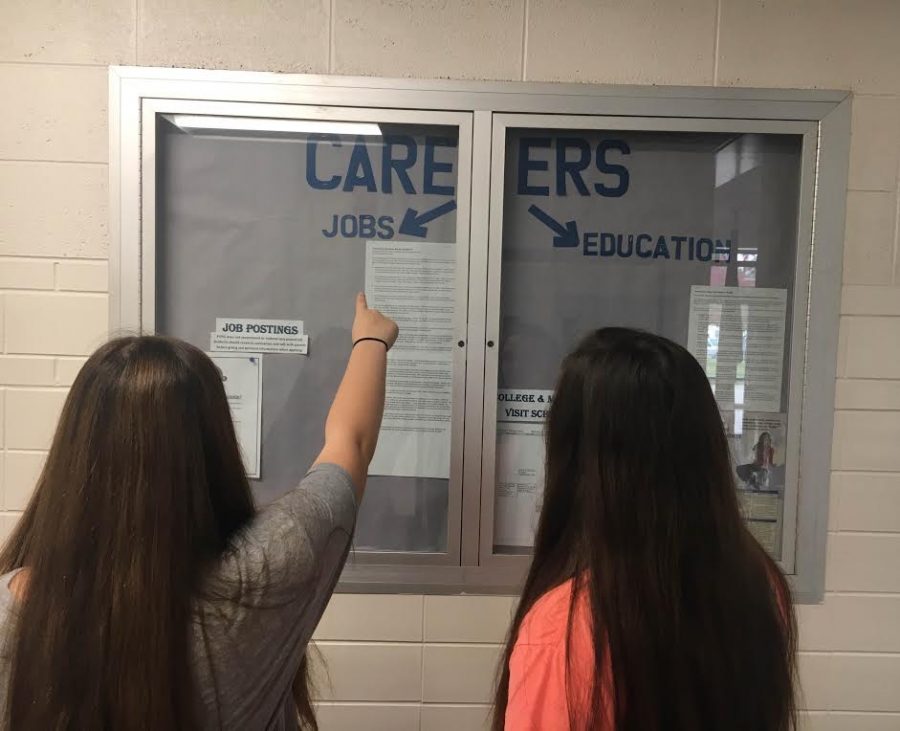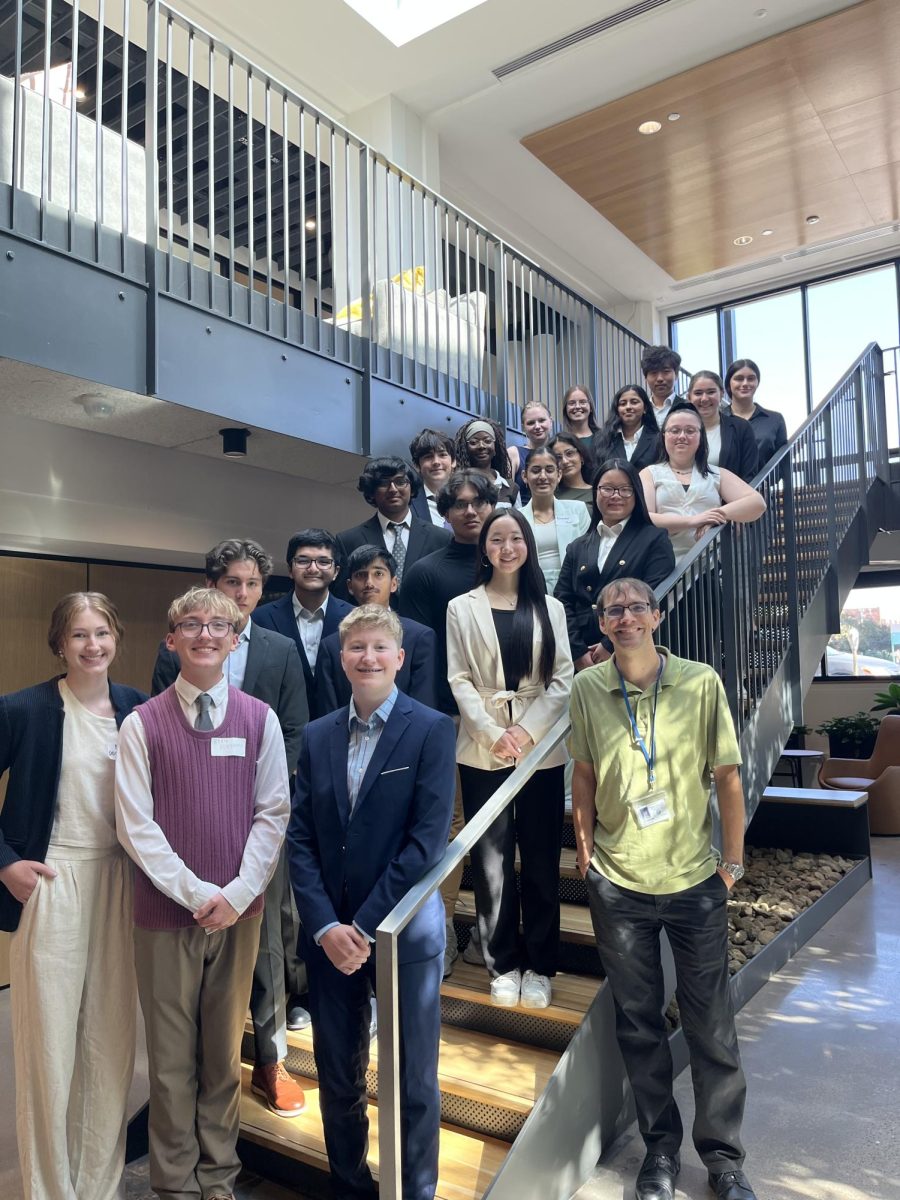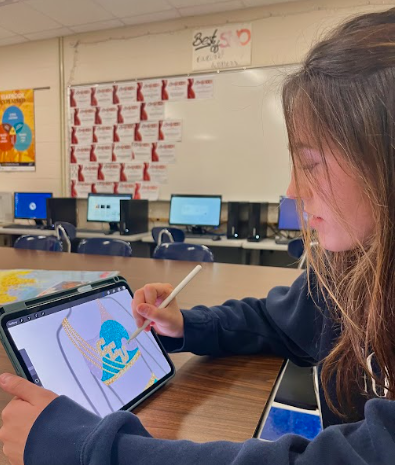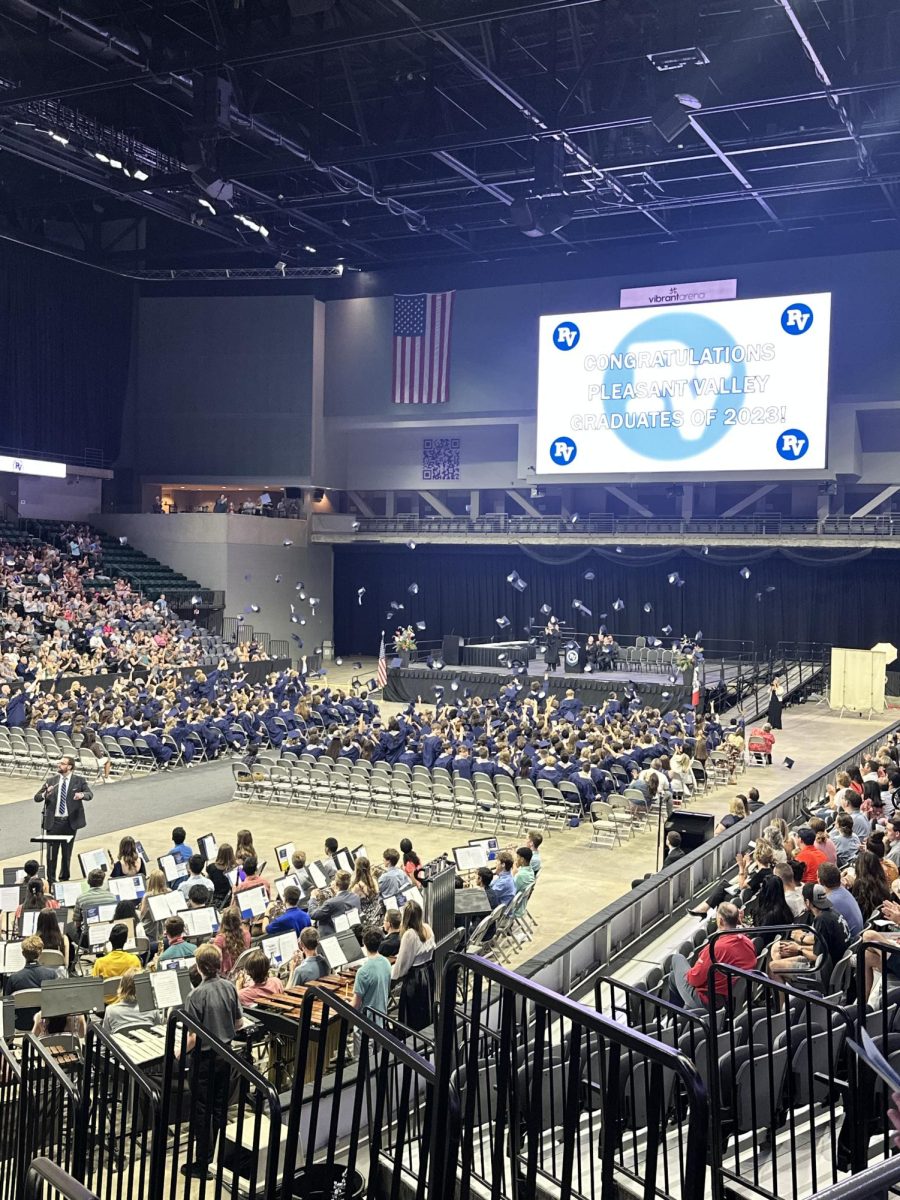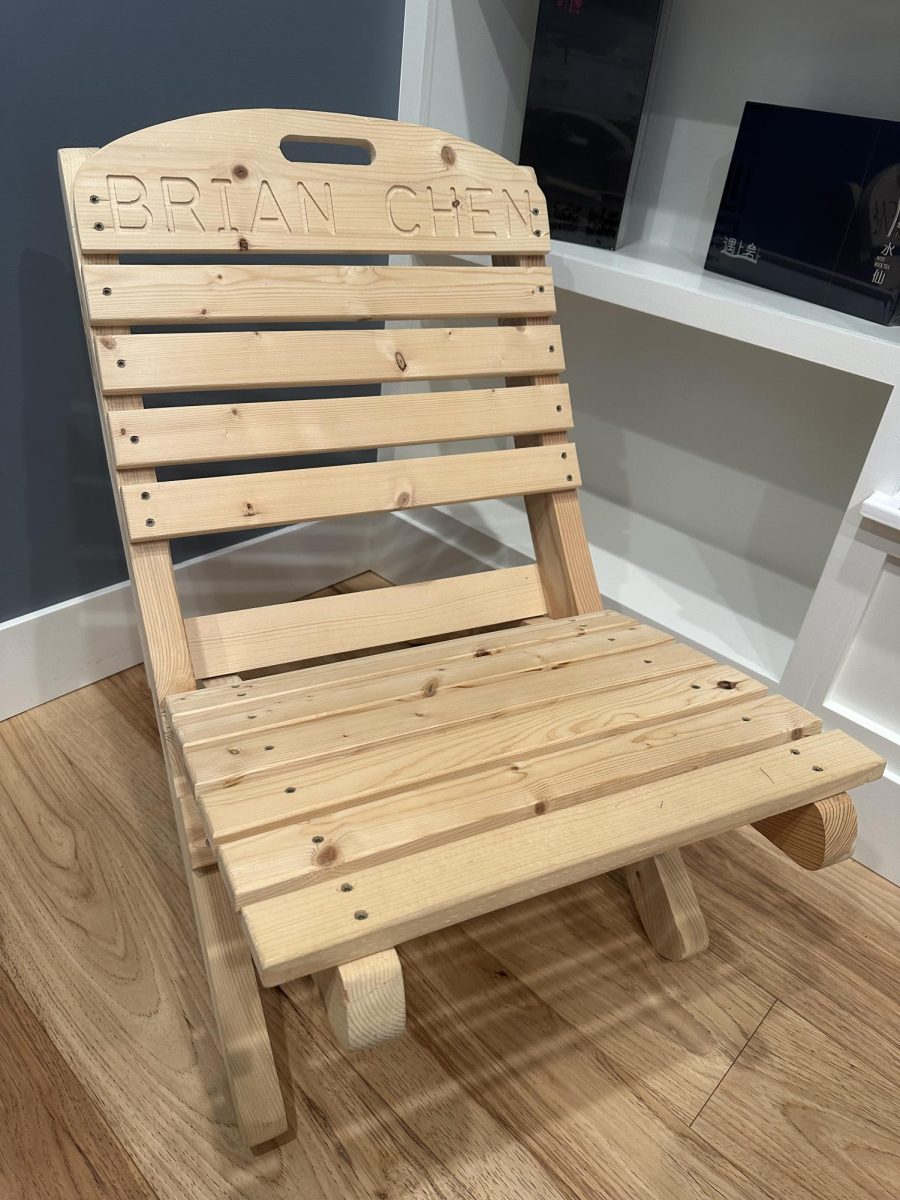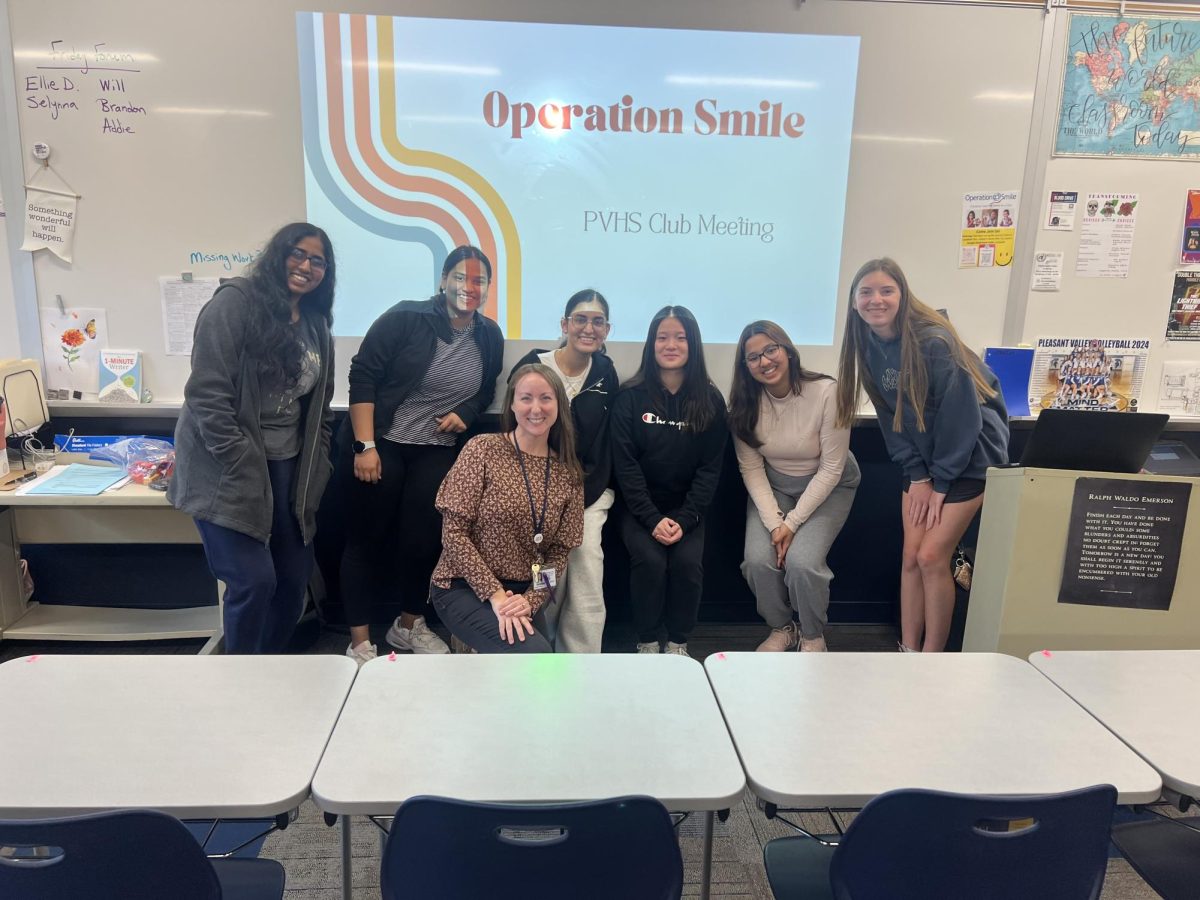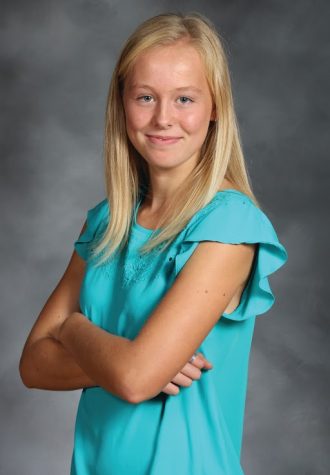Students are asked starting in kindergarten, “What do you want to be when you grow up?” Many have split-second answers like vet, spy, or athlete, while others don’t really have a clue. High schoolers still have to answer this question, and the answer is a bit more important. Deciding on careers is a big, perhaps scary topic, but there are many tools to help–one of them being job shadows.
Reagan Putnam, senior, reveals, “I really didn’t want to miss school for a job shadow and knew I wasn’t going to get a job after right away, so I only did it for the extra credit.” This can be a lot of students’ first mindsets about job shadows. They may seem boring and time consuming or look like a lot of work to set up, but this is far from the truth. Job shadows have a bigger purpose than just being Economics extra credit.
The most important reason for job shadows is how they give students the opportunity to explore a possible future career and observe what a day in the life would look like, as opposed to just researching about it online. Job shadows can help either finalize a decision about a career or direct someone away from a career.
Mary Johnson, career center advisor, says in regards to job shadows, “They get the students out there to see what a job is like that they think they knew. It takes them behind the scenes instead of surface stuff. It also is a network for scholarships and internships, as well as a time to meet people who can give good advice.”
A job shadow lasts an insignificant amount of time relative to the large number of hours dedicated to a full-time position. If the shadow seems boring or long, this often means the career is not the right one. If something goes poorly, it is beneficial to find out now rather than in college; there are always others to try. Johnson is willing and eager to help students set up shadows. Her room is inside the counseling office.
Some of the most unique shadows Johnson has set up were with a horse breeder, an astrophysicist just coming back from Switzerland, and a hog farmer geneticist. She shares, “I am working on setting one up with an ethical hacker, which will be a new one.”
Putnam explains her reactions after completing her job shadow, “I went to Genesis East Hospital and shadowed a labor and delivery nurse; I got to see things I’ve obviously never seen before. It confirmed that that’s what I want to do for the rest of my life so I’m really glad I went.”
It is a good idea to bring a list of questions to job shadows. Adults are usually very helpful when it comes to sharing about their occupation. Remember to look for personal pros and cons, and try to imagine what it would be like to do what they do every day. Don’t miss out on the experience and insight job shadows give; they are helpful for freshmen through seniors.



